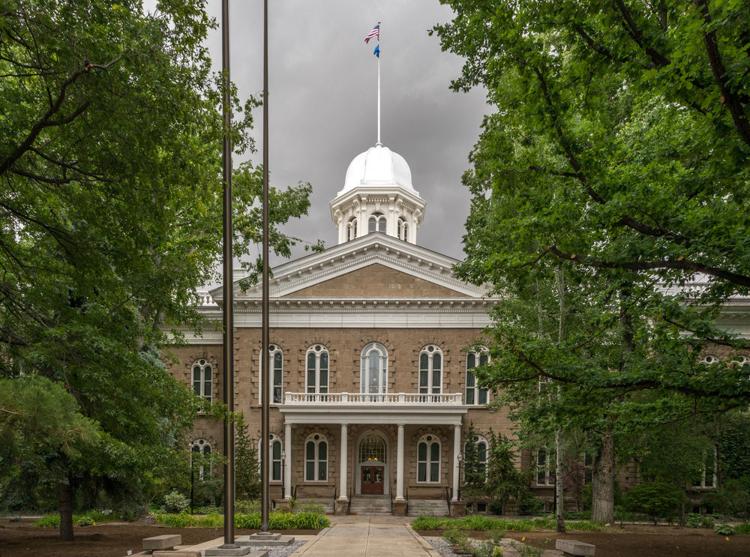State of Nevada to consider borrowing if tax revenue falls short

The Nevada State Capitol in Carson City, Nevada.
(The Center Square) – Nevada Policy Research Institute is taking a neutral stance on the recently introduced Senate Bill 4, a measure that would provide a way for the state to mitigate fiscal emergencies by opening a short-term loan backed by the state’s future income.
The bill would give the state Board of Finance various methods to establish a line of credit to cover an existing, legislature-approved debt if it was unable to meet the obligation.
“There is nothing wrong with the idea in principle,” Robert Fellner, policy director at Nevada Policy Research Institute, told The Center Square. “Having the ability to borrow on a short-term basis can be beneficial, provided it is used responsibly.”
Zach Conine, Nevada treasurer, proposed the bill, saying it is a tool he hopes the state never has to use, according to Nevada Appeal.
Without such measures, Conine said there is no way to cover short-term operating expenses in an emergency situation. Without these options, in a crisis such as the current coronavirus pandemic, Conine said he may end up in a position to have to sell securities before they are matured, which equals a loss of a significant amount of money.
“My job is to make sure when you tell us to write a check, we have the money to write the check,” Conine told the Nevada Appeal.
Conine has said the line of credit could not be used for expenses such as fixing a road or constructing a building, only to fulfill budgeted obligations that are unable to be taken care of because of an emergency situation.
“General fund spending, for example, is over $4 billion but this bill caps the total amount of loans made pursuant to these incredibly rare, crisis-level conditions to $150 million,” Fellner said.
The money received from the loan would be transferred to the General Fund and used where needed. It would have to be paid back in a short amount of time, a few years.
Although the bill is backed by taxes, there is no power or authority in the bill to increase taxes.
“The bill is unlikely to impact residents given its incredibly narrow, and small scope,” Fellner told The Center Square.

